China has told Japan that it is reimposing a seafood ban to “continue monitoring” the discharge of treated wastewater from the Fukushima nuclear power plant, even though Beijing had partially eased restrictions in June.
At a press conference on November 19, Chinese Foreign Ministry spokesman Mao Ning said Beijing “has no choice but to take further measures” if Tokyo does not retract its statement and take concrete actions to “safeguard the political foundation” of bilateral relations. China warned that it would take “stern and resolute” countermeasures.

The seafood import ban is seen as a heavy blow to Japanese businesses, especially in the context that China used to be the market that accounted for more than a fifth of the country's total seafood export turnover. Before the 2023 ban, China was the largest customer of Japanese scallops and sea cucumbers.
Japanese Agriculture Minister Norikazu Suzuki said about 700 exporters have applied to re-register shipments to China, but only three applications have been approved so far.
It’s not just trade that’s been affected, with Japan’s tourism industry – which accounts for about 7% of GDP – also taking a hit as China urges its citizens not to travel to Japan. More than 10 Chinese airlines have refunded flights to Japan through December 31, with an estimated 500,000 tickets canceled.
A series of exchange events between the two countries have also been disrupted. The Chinese Foreign Ministry said that an annual meeting of scholars from both countries scheduled to be held in Beijing this weekend has been postponed. An event to promote Japan-China friendship in Hiroshima, scheduled for November 21, has also been canceled.
Source: https://congluan.vn/trung-quoc-cam-hai-san-nhat-ban-cang-thang-leo-thang-10318367.html








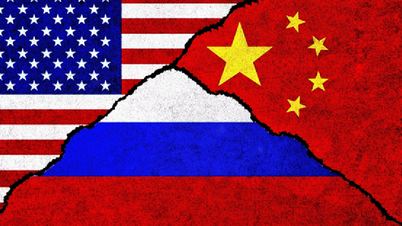





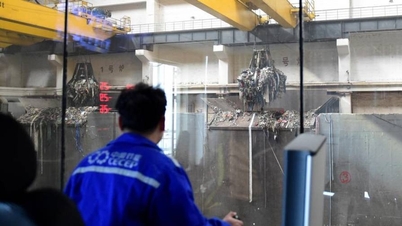







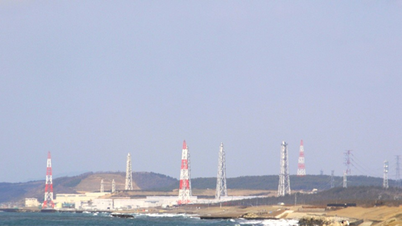
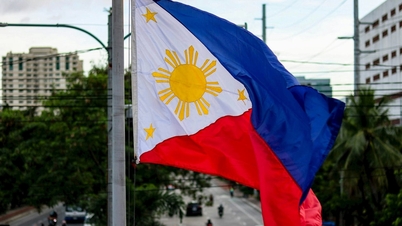




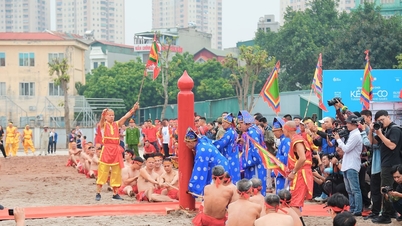


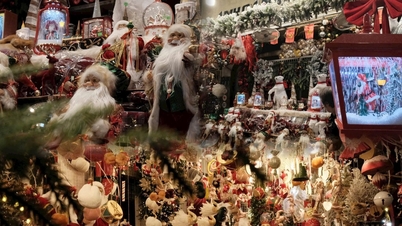

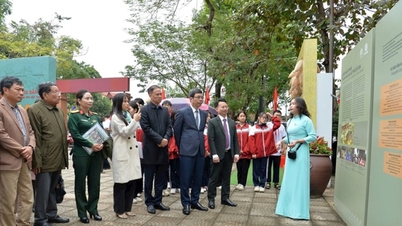










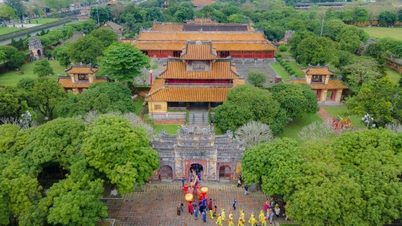

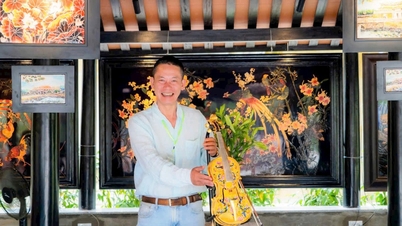
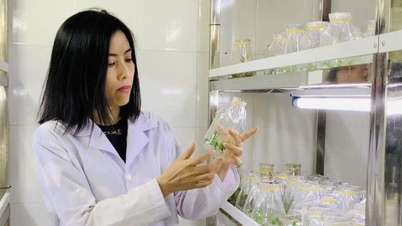

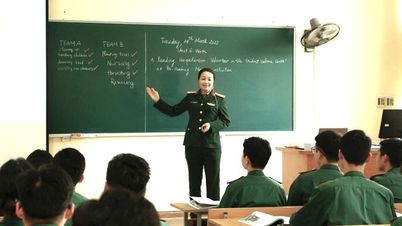



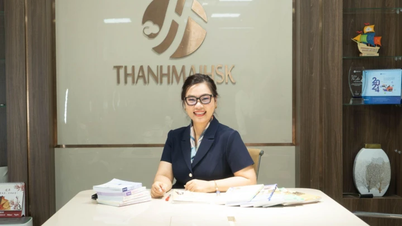







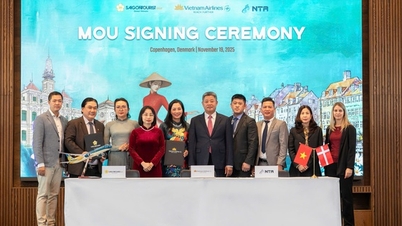
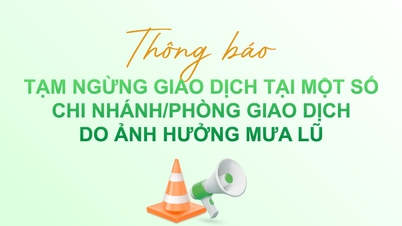









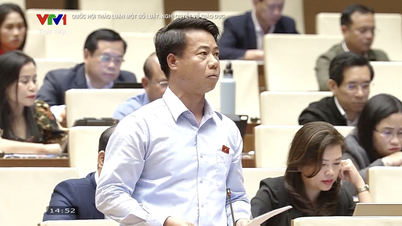

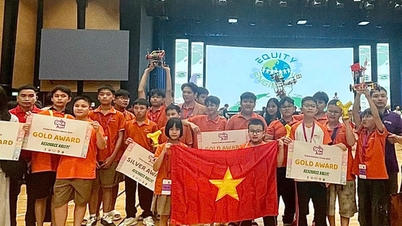

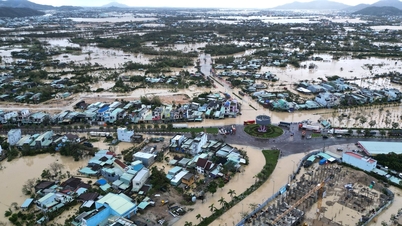


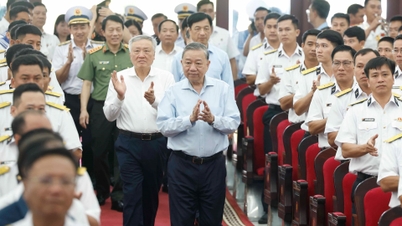
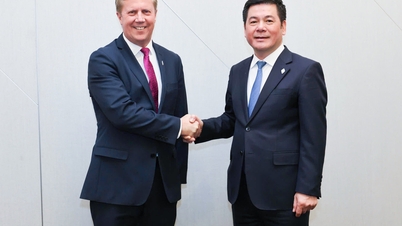



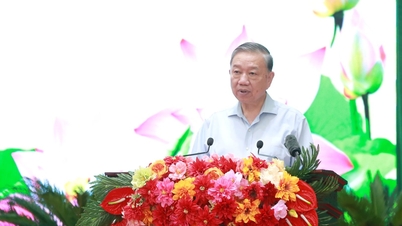

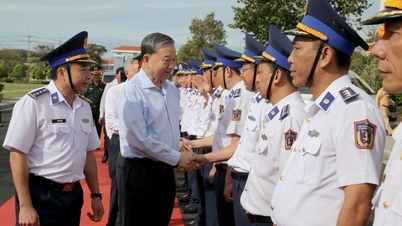
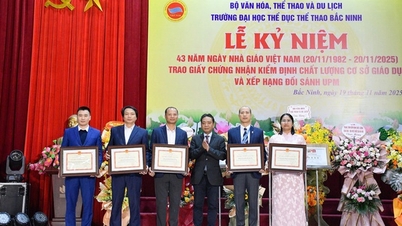
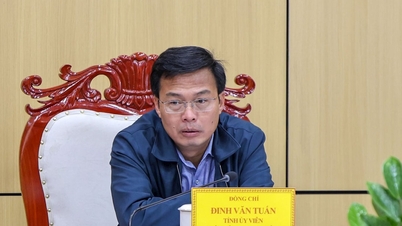



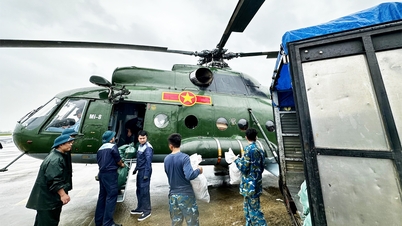




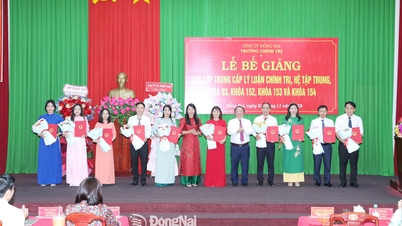










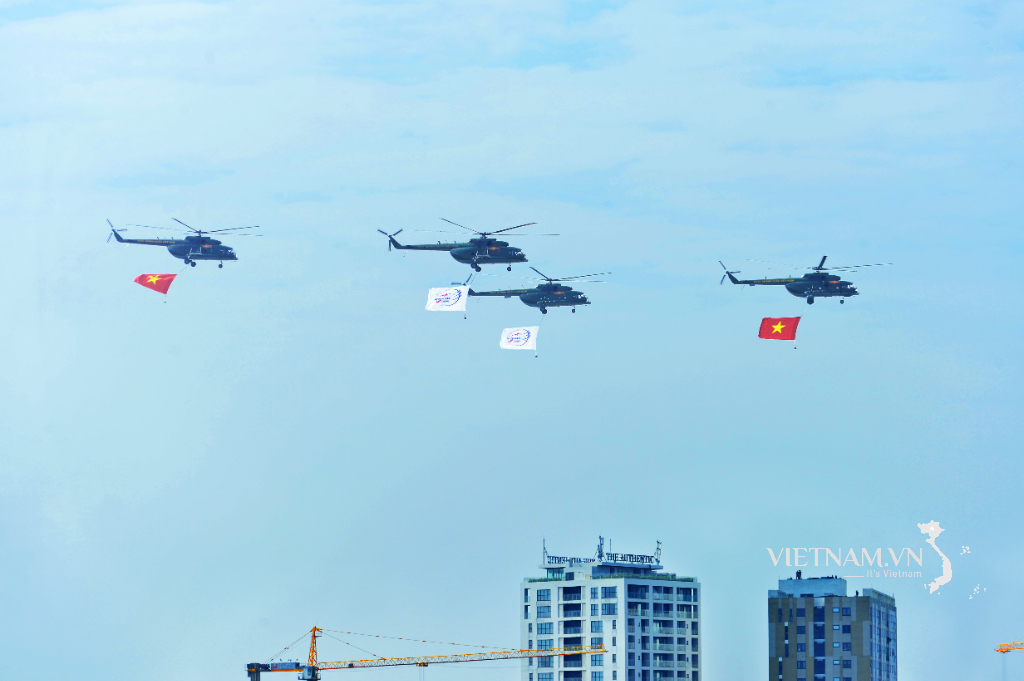



Comment (0)